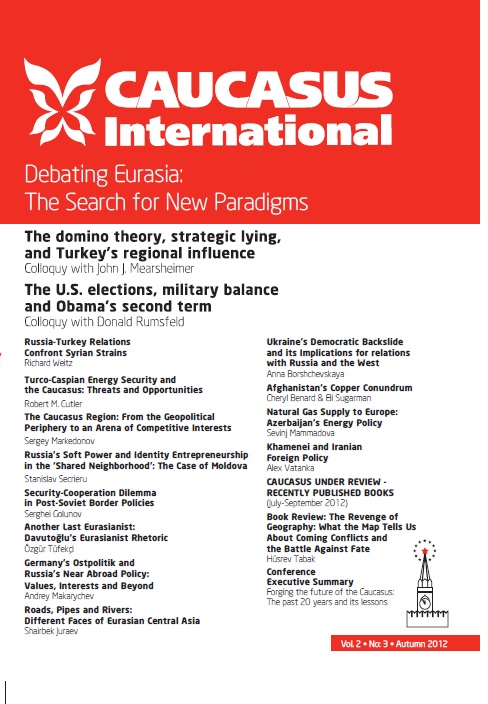Security-Cooperation Dilemma in Post-Soviet Border Policies
The paper categorizes the ways in which post-Soviet states try to solve the dilemma of maintaining border security but also promoting cross-border communication in their border policies. For the purpose of such categorization, the author uses several classifications that address a range of border policies from strict and unilateral to liberal and cooperative. The paper argues that in the vast majority of cases, unstable and complicated relations along with low levels of trust in the integrity of a neighboring country’s border, immigration, and customs control preclude an integrated border policy among post-Soviet states. The author also suggests that post-Soviet states should make much more effort towards the development of intensive and efficient cross-border law enforcement cooperation, supporting a unilateral and joint struggle against border related corruption. Specifically, these countries should provide far more opportunities to law-abiding border crossers to be heard and to defend their interests.
Latest news
- 03/17/2020 Call for Submission: “Non-Alignment Movement and Its Perspective in International Affairs”. Deadline: 1 July 2020 2625 views
Popular articles
- 02/24/2020 The Role of Irredentism in Russia’s Foreign Policy 2536 views
- 02/24/2020 Construction of sub-national identity vis-à-vis parent state: Gagauz case in Moldova 2218 views
- 02/24/2020 The Conflict in Ukraine - The Geopolitics of Separatism and Divergent Identities (Commentary) 2072 views
- 02/24/2020 The Role of the Soviet Past in Contemporary Georgia 2044 views





